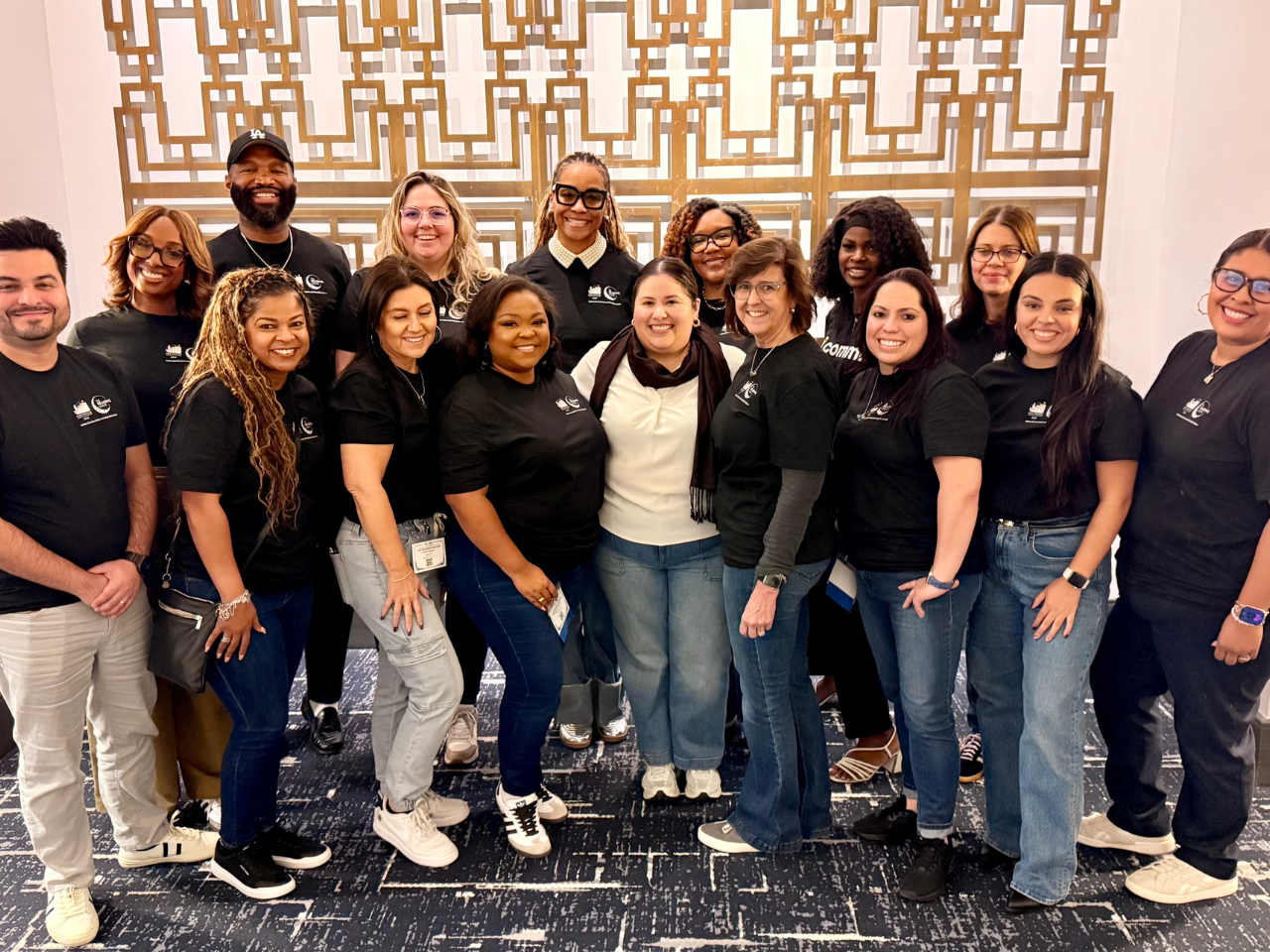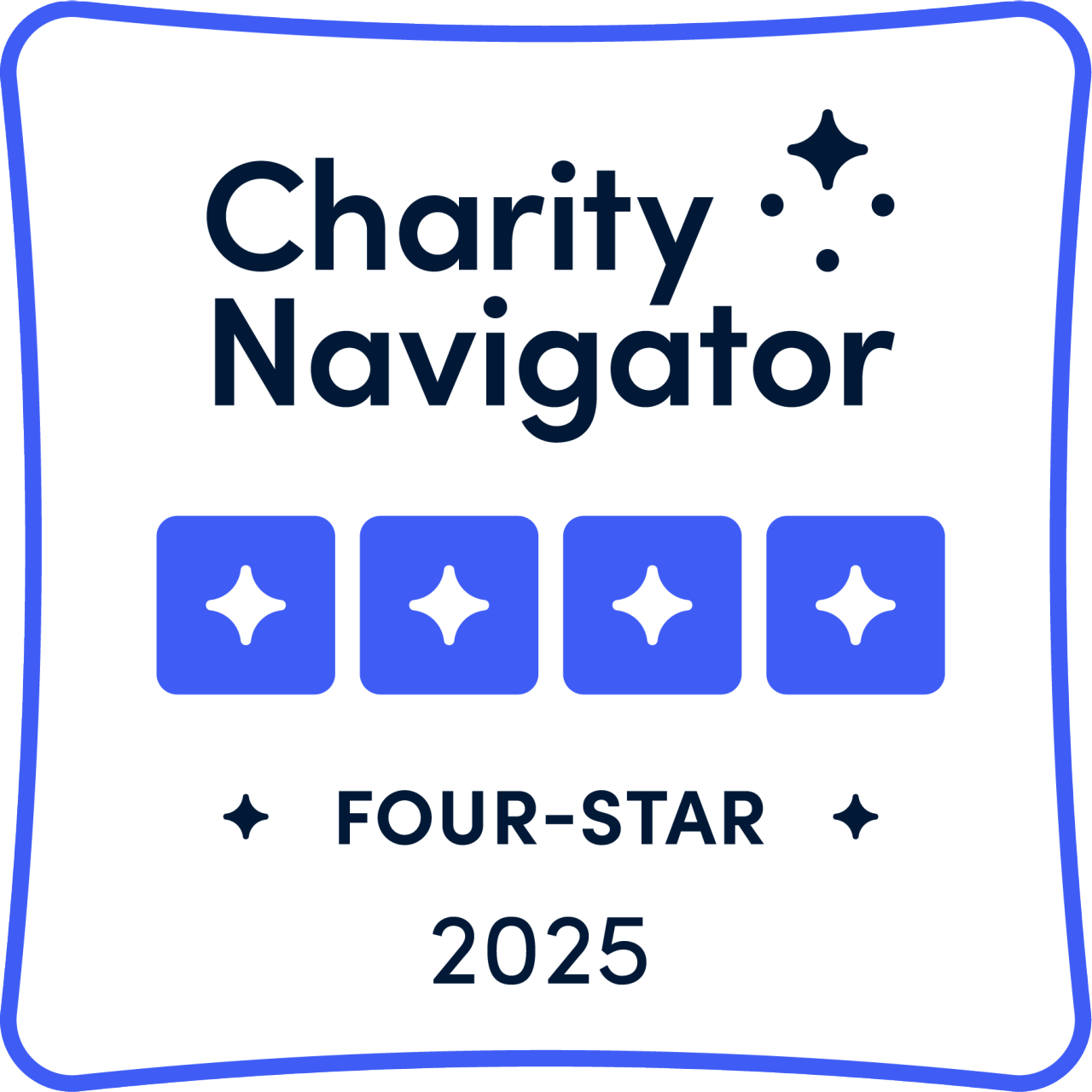Dallas County School Systems Come Together to Better Serve Middle Grades
.jpg)
.jpg)


One of the key insights from 2024 STAAR results is that reading achievement in grades 3-8 largely held steady, while math and science scores continued to decline. Math and science scores still have not returned to the levels prior to the COVID-19 pandemic.
Thankfully, school leaders in our region are not waiting until the school year officially begins to take active steps to address this pernicious challenge. Instead, they have already begun working together in a number of collaborative environments that Commit is proud to host. Teachers are learning from each other how to best approach the barriers to learning that students in middle and high school face.
One example is Commit’s Math Learning Series, which convenes educators and leaders from 10 school districts and one large charter network serving 87% of Dallas County’s student population. Math teachers in the middle grades are often generalists who may not have been provided the opportunities to gain content knowledge specific to the areas they teach. The learning series provides research-based approaches to learning, teaching and coaching math in regular convenings with peers. Additionally, the program offers on-site guidance at the educators’ home campuses for practitioners to apply their learnings in real time.
At least two districts (serving 12% of Dallas County’s students) are going one step further by conducting an advanced academic audit. This process will show school system leaders what academic pathways have historically been available to which students. For example: who has access to dual credit coursework? Who takes advanced placement classes? And are students with the potential to thrive in these areas being left out?
College, career and military readiness (CCMR) is another major area of focus for local school systems. CCMR-focused administrators in 10 school districts and one large charter network participate in our CCMR District Leader Meetings, representing 96% of Dallas County’s student population. They can learn from one another and from external partners about best practices for promoting academic readiness in grades 9-11. That, in turn, leads to increased postsecondary enrollment. Some educators in this group also elected to take the additional step of conducting a CCMR financial assessment. This assessment evaluates the amount of CCMR- outcomes bonus funding earned and spent by the district and explores ways to deploy funds strategically to maximize student success.
While delivering academic instruction is deeply important, so is student well-being. Three North Texas school systems (serving 24% of the county’s students) are working with Commit to rethink discipline policy. This group is address the root causes of student behaviors that result in suspension and other practices that remove students from direct instruction. We provide participating districts consultation from human behaviorists and support for discipline data collection and analysis.
“In conversations with school systems leaders, the distinct challenges faced by our students in middle grades are a recurring theme,” says Commit Managing Director Sile Robinson. “That's why I’m proud to lead our Middle Grades Initiatives and thrilled and honored to see so many of our local leaders raise their hands to participate.”
Interested in working with the Middle Grades Initiatives in the programs listed above? Please contact Sile Robinson at sile.robinson@commitpartnership.org.








.avif)